A 'Liberal Sweatshop' Is Quashing Its Workers' Efforts To Unionize
Underpaid and overworked canvassers at one of the environmental movement’s top fundraising groups are accusing management of busting their attempt to unionize after the group shut down a North Carolina office where workers announced they had organized.
The Fund for the Public Interest pushed back, insisting that it did “not interfere in the organizing process” despite abruptly closing its Chapel Hill location in August.
But people at the fund saw the closure as a warning to workers in the group’s outposts in more than a dozen cities not to join unions.
The clash is the latest to pit young progressive activists against the legacy organizations that count on them for an endless supply of low-cost organizing and fundraising labor. Last year, workers for Grassroots Campaigns Inc. ― which has raised money for the American Civil Liberties Union, Planned Parenthood, and Amnesty International ― accused Grassroots Campaigns of illegal attempts to snuff out their nascent union efforts.
Workers at the Fund for the Public Interest have helped raise millions of dollars for liberal groups, such as the Sierra Club and the Human Rights Campaign, that must do political battle with better-financed corporate lobbies. Over the years, they have also raised constant complaints about their working conditions, accusing the fund of unfair and unpredictable pay, unreasonable quotas, and punishing schedules.
At a moment when groups like the League of Conservation Voters and NextGen America are unionizing, and the idea of a Green New Deal is inspiring new alliances between the labor and environmental movements, the would-be union organizers see their effort as a critical test of progressive values ― and the fund’s pushback as exactly the wrong message.
“That shouldn’t be happening in a progressive organization [whose] goal is political change,” said Emily Harding, 20, a college student who served as a canvasser and a field organizer in Chapel Hill over the summer.
A Cash Machine For Progressive Causes
The Fund for the Public Interest was founded in 1982 to raise donations for Public Interest Research Groups or PIRG, the consumer advocacy network established by erstwhile presidential candidate Ralph Nader. In 2001, the fund launched the canvassing program that is now ubiquitous in American cities and suburbs: clipboard-brandishing college students and other young adults who ask passersby if they have a minute for the environment.
The fund now operates a dozen permanent offices. Each summer, it opens another 20 temporary offices with hundreds of college students on their summer break. Canvassers typically raise money for the environmental causes that are PIRG’s bread and butter, such as new incentives for solar power and campaigns to pressure fast-food companies to adopt antibiotic-free meat. But household names like the Sierra Club and the pro-LGBTQ Human Rights Campaign have also relied on the fund to help bring in contributions.
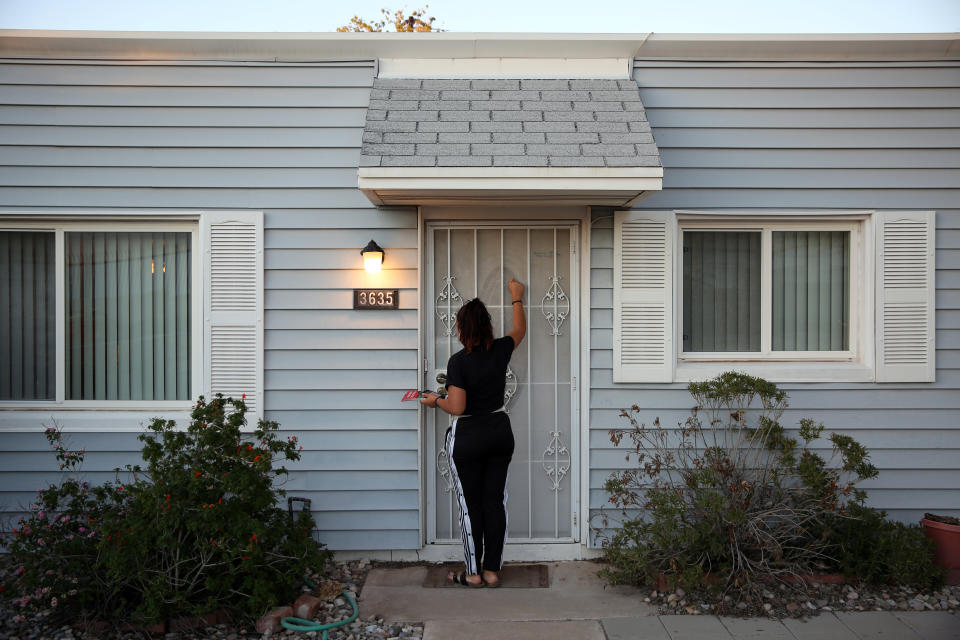
The fund does not readily disclose how much it raises or what share of donations it turns over to its clients, but it reported revenues of more than $33 million in 2016, the most recent year for which its tax filings are publicly available. At a recent meeting at the Chapel Hill office, which had 30 people at its peak, management told workers that so far this summer they had raised $300,000 for PIRG and Environment North Carolina, an advocacy group pushing for 100% renewable energy and bans on bee-killing pesticides.
With Disposable Workers
Working conditions at the Fund for the Public Interest are so notorious that it has been dubbed “the liberal sweatshop.”
The Chapel Hill fundraisers were required to bring in the equivalent of $160 to $175 per day every week, those involved in organizing a union told HuffPost. With donations coming in small increments, the quota was impossible to meet unless a canvasser worked at a breakneck pace for hours in the outdoors, several of them said.
Field organizers who failed to meet a quota $30 above the office’s average weekly yield were rapidly demoted to canvassers ― who had to meet the $160-to-$175 quota to make a base hourly rate of only $9.50. Those who missed the quota would have their rate cut to $7.25 for one week, according to a copy of a contract HuffPost obtained. After two weeks in a row ― or three nonconsecutive weeks in a single year ― they were automatically fired.
“You see new people in your office every week,” said Harding. “You come back Monday and see people you were close with last Monday not coming back. …You usually end up feeling disposable.”
Her disillusionment was hardly unique. Reports going back years say the fund’s employees last an average of only a few weeks. The Daily Beast once found that the group recruited new workers at such a high rate that every day started with an orientation session for new hires. Groups like the Sierra Club have in the past dropped the fund over issues raised by its former workers.
In a 2006 class-action lawsuit that brought the fund its “liberal sweatshop” nickname, workers accused the group of refusing to pay minimum wage, dodging overtime payments, and forbidding canvassers from taking adequate breaks.
“We are proud of having played a big part in passing policies that have improved our lives and protected the environment,” Adam Rothschild, the fund’s national canvass director, said in an email to HuffPost. “Furthermore, The Fund has provided activist opportunities and training for thousands of people.”
‘Textbook Union Busting’
This summer, the union organizers said, workers at several of the fund’s offices undertook quiet efforts to unionize.
“It’s safe to say watercooler conversations were happening in every office,” said one senior employee in a major city office, who requested anonymity for fear of reprisal from management.
The process unfolded fastest in Chapel Hill: Organizers working with the Campaign Workers Guild, a union for political staffers, began collecting signatures in June. By July, they had the support of more than two-thirds of the office and asked Chapel Hill management to formally recognize their union.
Other offices watched the process in Chapel Hill, hoping for a different outcome than what had happened in past attempts to unionize.
“You look at the unsuccessful efforts and that really dissuades people from going forward with this,” the senior employee said. “They’ve made it very clear we’re expendable.”
Management responded with what Owen Webster, 24, a canvasser and a union organizer in the Chapel Hill office, called “textbook union busting.” The fund refused to recognize the union based on the collected signatures, saying it preferred to have the National Labor Relations Board referee an election — a process that can take weeks, if not months. When union organizers proposed that a neutral third party review the signatures, they said management never responded.
Workers perceived the fund as stalling until the usual rapid turnover would shrink the number of union supporters or until it could shut the office down.
“It put us in the situation of either abandoning the project entirely or continuing to escalate so they have to pay serious attention to it,” Webster said. “We didn’t know if it’d take days or weeks.”
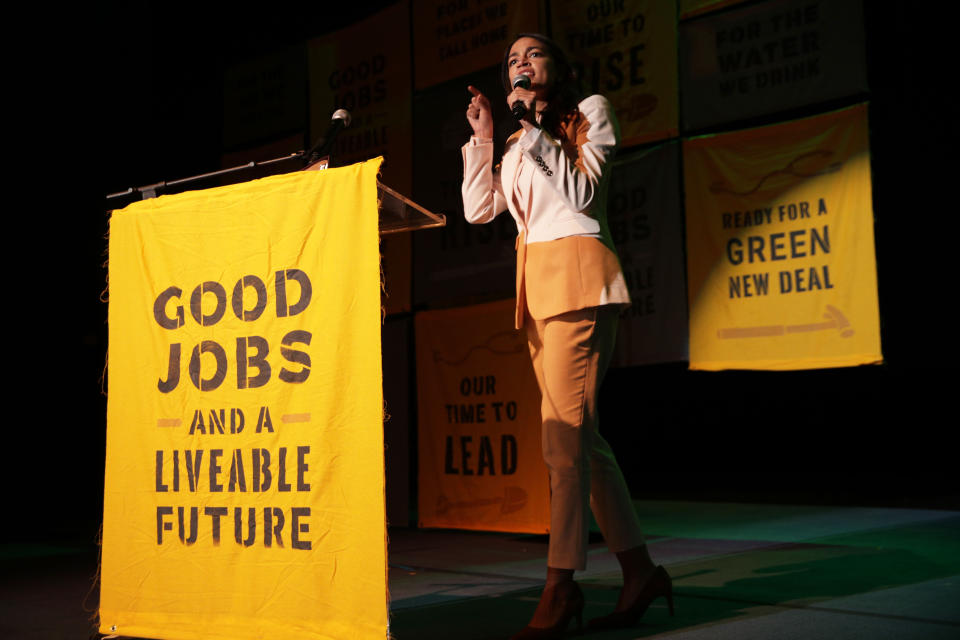
Email updates that the Chapel Hill organizers sent to roughly 300 other fund workers in other offices never reached those with a Fund for the Public Interest email account, Harding said. Among organizers, it raised suspicion that the fund was screening inboxes or blocking select email addresses to contain news of the labor campaign.
The dismal working conditions that inspired them to unionize in the first place remained the same, four organizers told HuffPost. Then, on Aug. 2, the fund announced it was shutting down the Chapel Hill office, effective in one week. Though management didn’t specifically blame the union organizing for the closure, canvassers suspected that was the case, given that the Chapel Hill office is typically open year-round.
In response to HuffPost’s questions, the fund said it “respect[s] the role of a duly authorized collective bargaining representative” and would “work with the canvassers to arrange a fair election.”
“The Fund responded to the canvassers and Campaign Workers Guild that we will follow the established process for determining if employees wish to be represented for purposes of collective bargaining, and as such we directed them to the National Labor Relations Board,” Rothschild said. “Of course, we would not interfere with the organizing process. We have not heard from the NLRB.”
Rothschild did not respond to questions about the office’s closure.
Not The First Office To Be Closed
The face-off in Chapel Hill is part of a pattern, union organizers claim. In 2002 and again in 2005, the fund shut down its office in Los Angeles after workers there raised issues about long hours and unpaid work. In the first instance, the office was shuttered for one week after employees complained to a state labor board. In the second, the office vanished after what workers claim was an ugly campaign to derail a newly formed union.
“They changed the locks on the doors and they were gone,” one canvasser told The Daily Beast. “We were shut down overnight.”
The Los Angeles battle eventually ballooned into the 2006 lawsuit, which the fund settled in 2009 for $2.15 million.
In another case, one year after a group of phone bankers in the Portland, Oregon, office voted to organize, the fund fired all six members of the bargaining committee on what the union claimed were trumped-up infractions. A judge later agreed that the fund had engaged in “unfair labor practices” against one of the union negotiators and ordered his reinstatement.
By the time they began to organize this summer, the fund’s workers told HuffPost, they knew to brace for the worst.
Harding recalled how a chill fell over the room the first time she heard a colleague make a joke in the office about forming a union.
Harding, a newcomer, was the only one to crack a smile. “Everyone in the room was visibly scared,” she said.
Love HuffPost? Become a founding member of HuffPost Plus today.
Related Coverage
The Marriott Strike Helped Grow The Largest Hotel Workers Union
UAW Loses In Second Attempt To Unionize VW Plant In Tennessee
Democratic Candidates Vow To Rebuild Unions At Las Vegas Presidential Forum
Not All Democratic Candidates Are Careful To Stay In Union Hotels
Also on HuffPost
U.S. -- Mostly Free
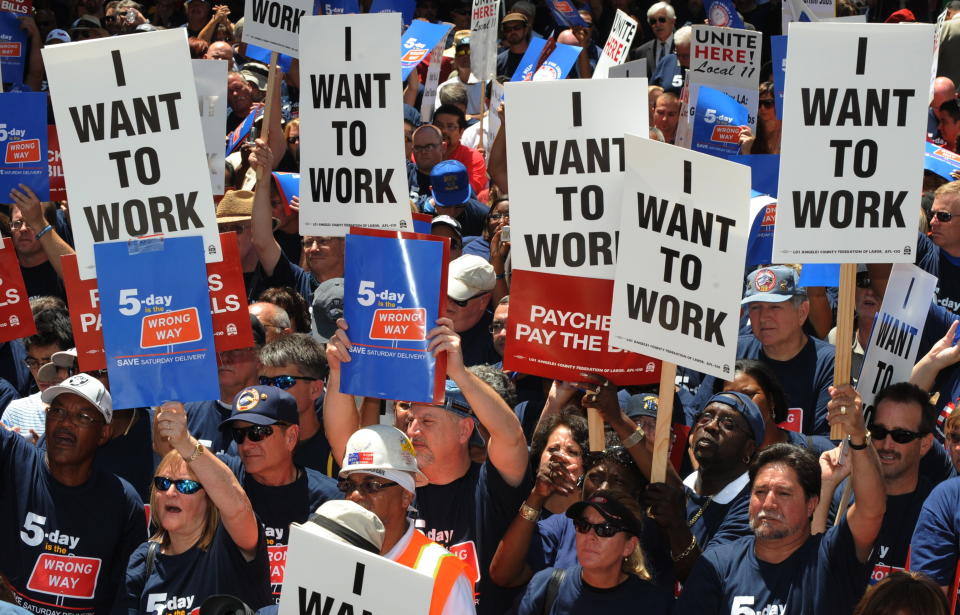
Japan -- Mostly Free

Canada -- Free
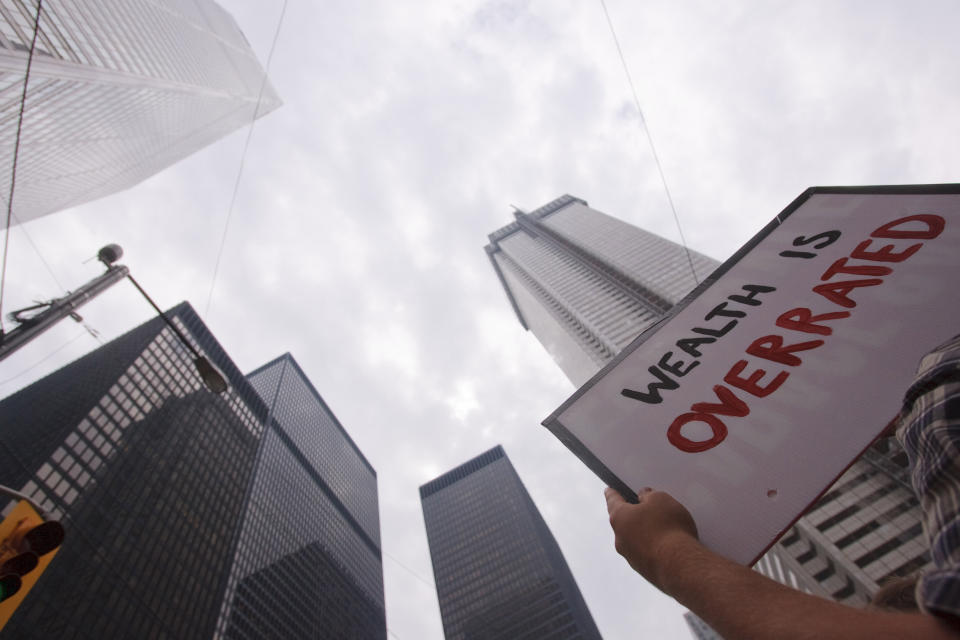
Saudi Arabia -- Very Repressive

China -- Repressive
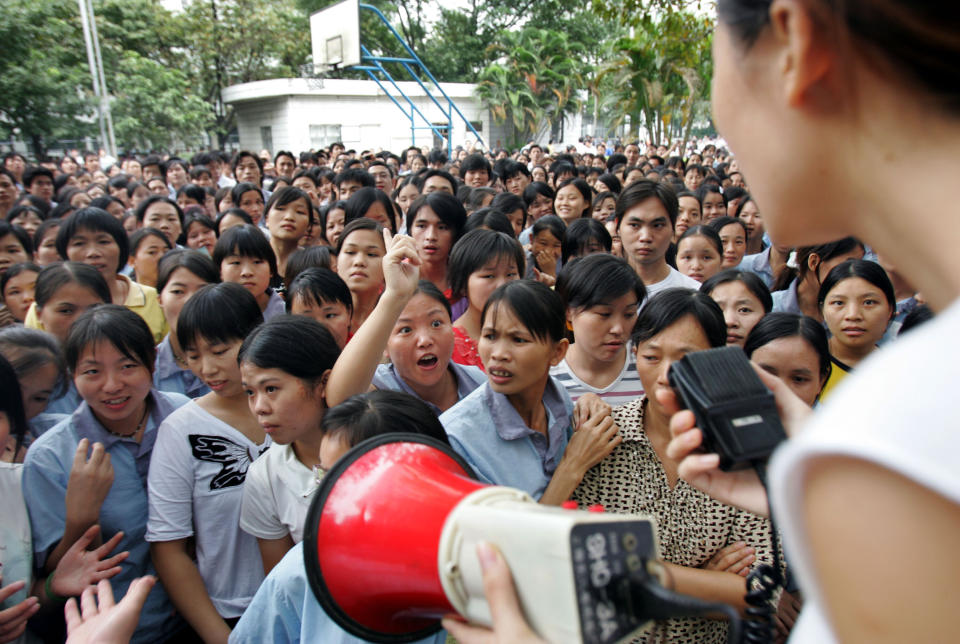
Mexico -- Partly Free
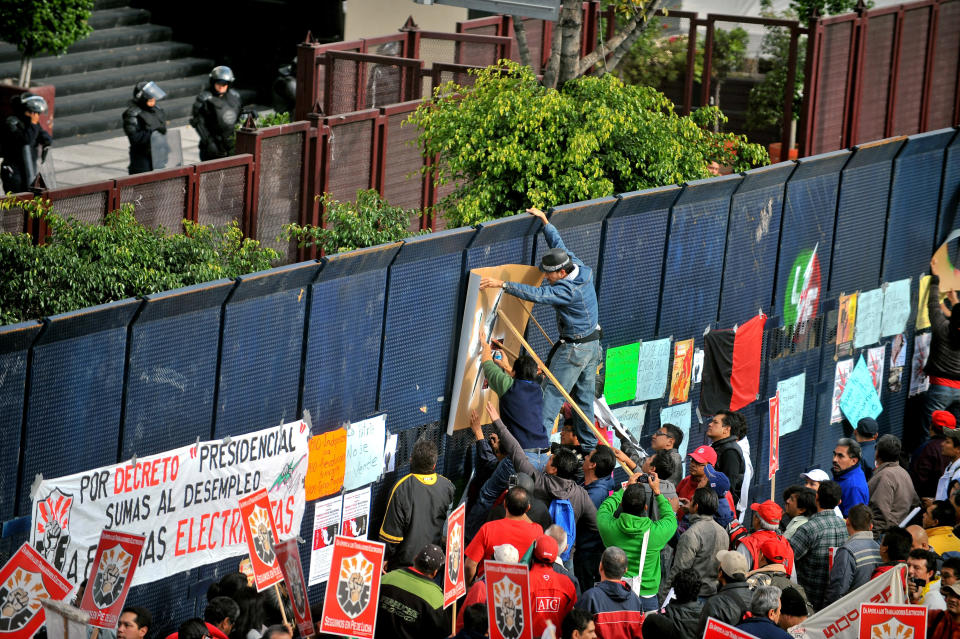
Israel -- Free
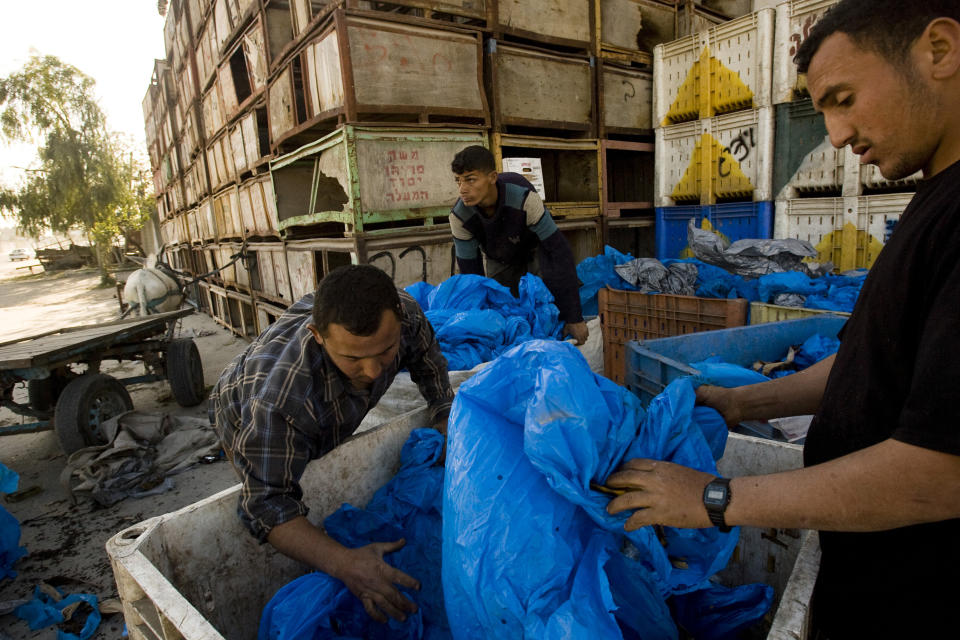
Russia -- Partly Free
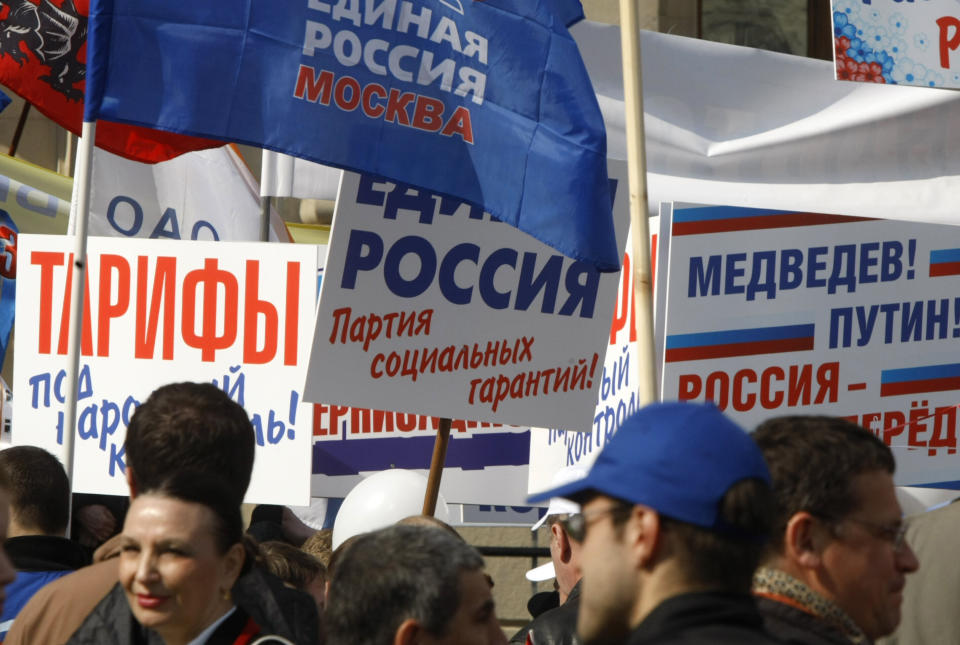
Cuba -- Very Repressive
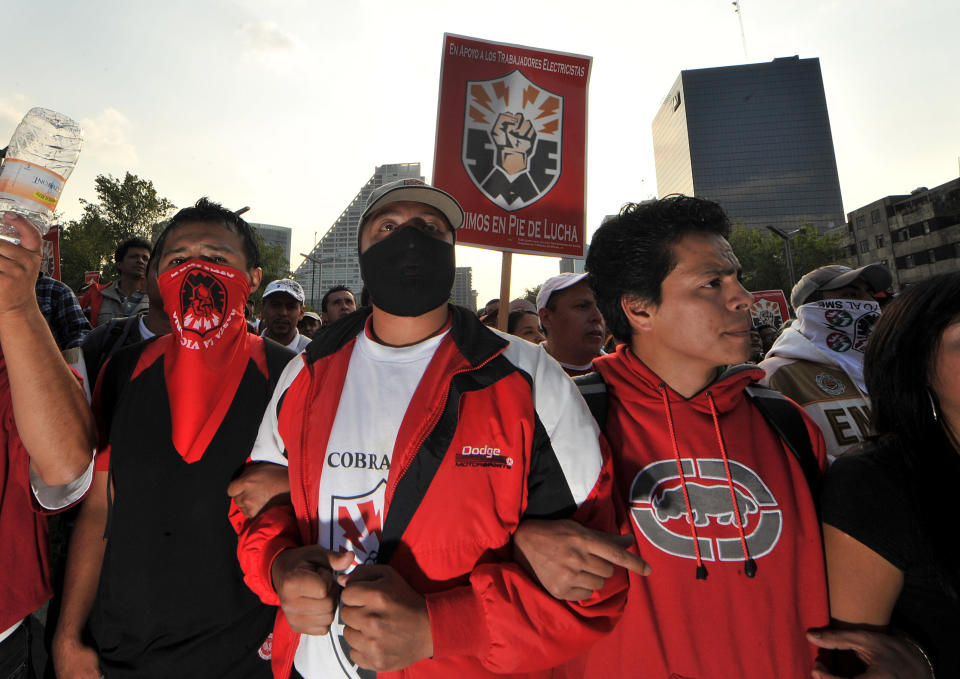
Uruguay -- Free
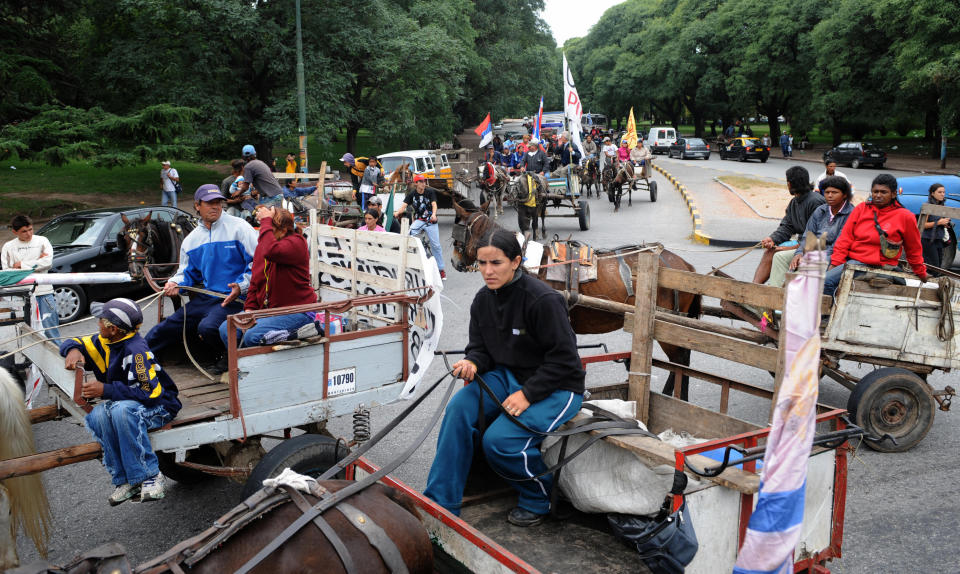
Belarus -- Very Repressive
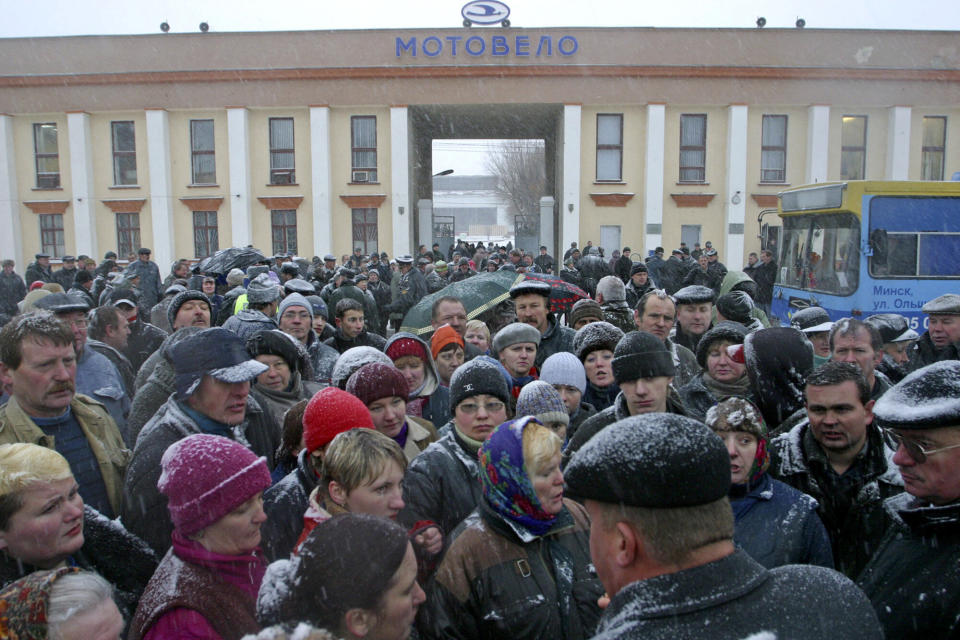
This article originally appeared on HuffPost.

